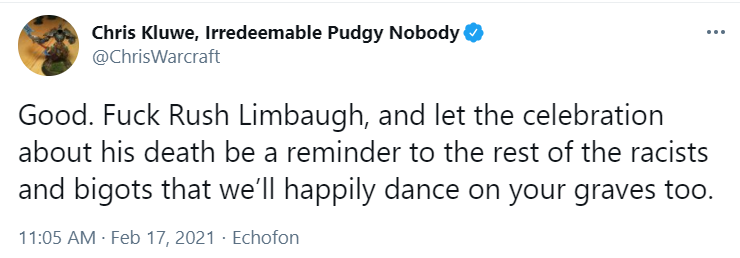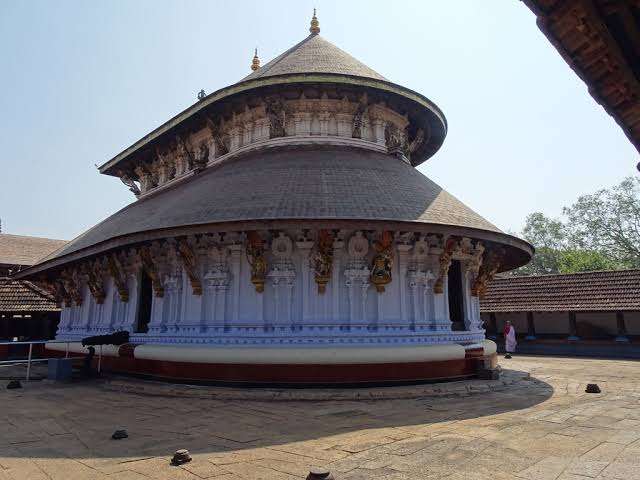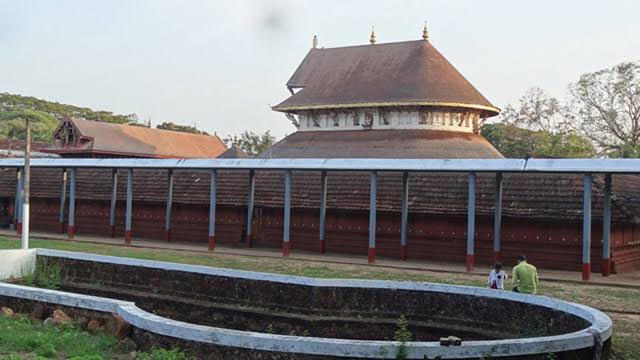Stay with me...
LET’S TALK ABOUT RELOCATING TO CANADA AND HOW TO APPLY FOR PERMANENT RESIDENCE (PR) IN 2021.
Are you interested in relocating to Canada and don't know where to start from? No worries, this tweet is for you.
A THREAD! 👇
Stay with me...
The question that comes to mind are:
> How do I go about it?
>What is the process like?
>Is there a seamless way to go about it?
I really do not blame anyone who decide to ‘japa’...
Let me share them with you.
1. You can live and work anywhere in Canada. Yeah! Anywhere. Permanent Residents are not tied to a specific employer or a specific province...
3. You can sponsor your spouse and children.
4. You can become a Canadian citizen. Once you’ve resided in Canada for three to five years, You’ll be eligible to become a citizen.
5. It can not be taken away from you
You have to consider paying to write the IELTS and how to ace it, PR Application fees and necessary documentations amongst others...
In April 2020, the Application fees for PR was increased from $490 to $500 for Adults and for dependents (Children) from $150 to $225.
If you are interested, click here to watch the video👇
https://t.co/7oph43uJ3T
More from Society
Shall we do a thread of Blue Checks spewing hatred towards Rush Limbaugh and the rest of us on the Right?
https://t.co/eXLNam2gv4

https://t.co/eXLNam2gv4

Good. Fuck Rush Limbaugh, and let the celebration about his death be a reminder to the rest of the racists and bigots that we\u2019ll happily dance on your graves too.
— Chris Kluwe, Irredeemable Pudgy Nobody (@ChrisWarcraft) February 17, 2021




















